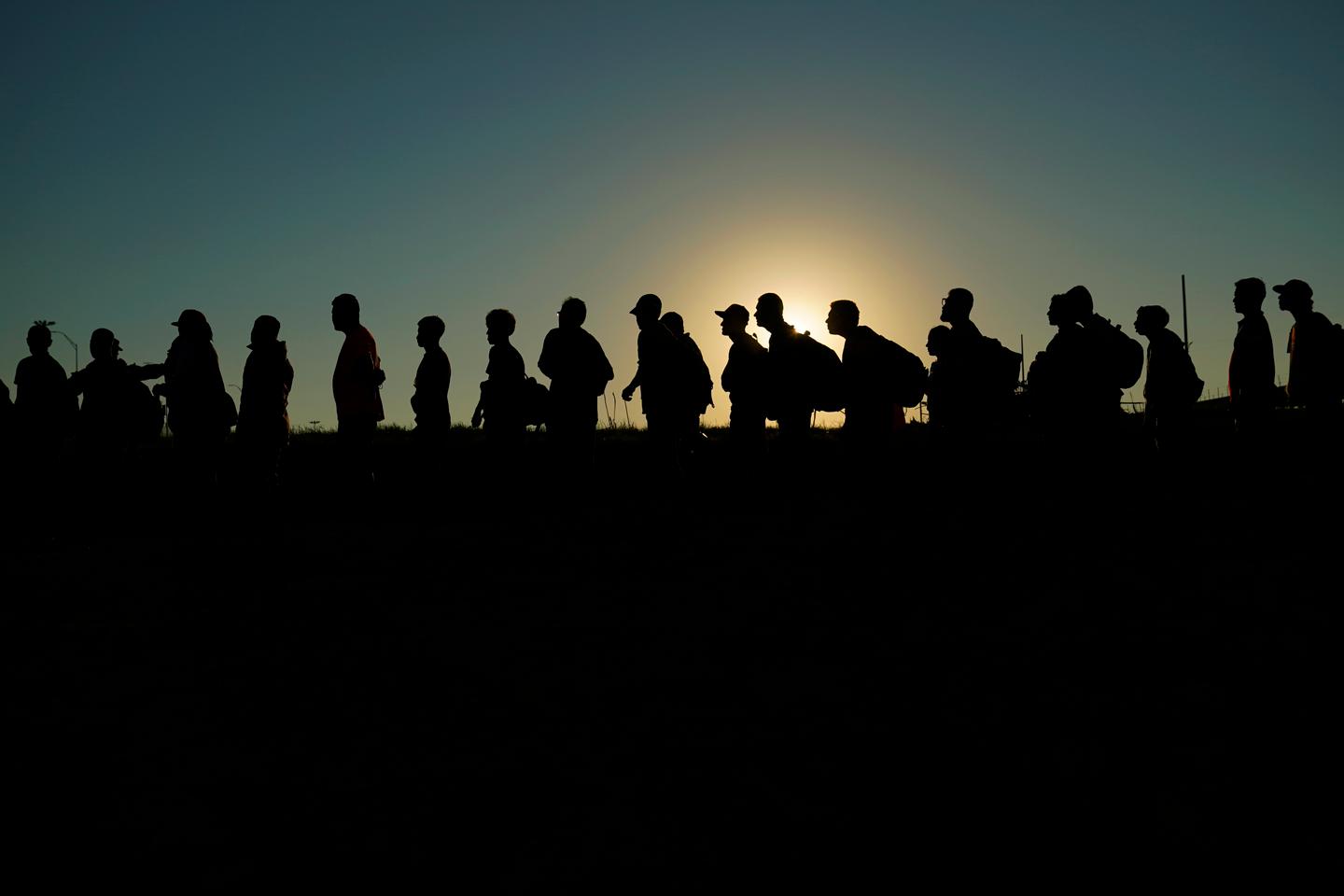


The fate of the war between Ukraine and Russia is being decided – in part – on the border between the United States and Mexico. There is naturally no direct correlation between the 622 miles of Russian-Ukrainian frontline and the situation on the Rio Grande, which runs for more than 1,240 miles along US territory. But the two have become politically intertwined on Washington's Capitol Hill. It undermines the credibility of the Biden administration and, to Moscow's great satisfaction, it hurts morale in Kyiv.
On the eve of what promises to be a perilous election year for Democratic President Joe Biden as he seeks a second term, Donald Trump's Republicans, themselves seeking retribution, have put the issue of immigration at the heart of their campaign. The year 2023 saw a surge in immigration from Latin America, with nearly two million arrivals officially recorded at the country's southern border. The region was the scene of a number of different chaotic events, and the administration sometimes seemed overwhelmed.
In the House of Representatives where they have a small majority, the Republicans are leading the charge, putting the security of the US border before the needs of Ukraine. Their stance is that there will be no help for the Ukrainians until the flow of migration at the northern border of the Rio Grande is under control. On Tuesday, December 19, Trump's party blocked $61 billion (€56 billion) in aid to Ukraine for 2023. A new vote on funds critically needed by the Ukrainians will have to wait until early 2024.
This is to ignore the fact that they are living through a brutal winter, both in their homes and on the front lines. The situation on the border with Mexico has become a Republican rallying cry: America First. Bipartisan support for Kyiv's resistance to Russian aggression is eroding in public opinion (48% opposed to aid for Ukraine) and is waning on the Congressional benches.
Bargaining that marks a break with the past
Even those Republicans who have shown the most solidarity with President Volodymyr Zelensky, like Senate Minority Leader Mitch McConnell, are aligning themselves with Trumpist isolationism: We'll stop the flow of missile supplies to Ukraine until you Democrats stop the flow of migrants into Texas, says the Kentucky senator. Republicans want more money for border control. For them, domestic politics trumps foreign policy.
It's not just support for the Ukrainians' war to defend their own country at stake here. Aid will no doubt eventually be voted through and, after all, domestic affairs have often weighed on Washington's foreign action. But the haggling involved – Ukraine would be sacrificed in the absence of an agreement on immigration – signifies a break in traditional practices. On a fundamental strategic choice, the basic consensus between the two major American parties has been disrupted. What are US foreign commitments worth if a change of majority in Washington means a betrayal of their promises? What do US alliances mean? How much trust and longevity can be attributed to treaties that America signs?
You have 45% of this article left to read. The rest is for subscribers only.
